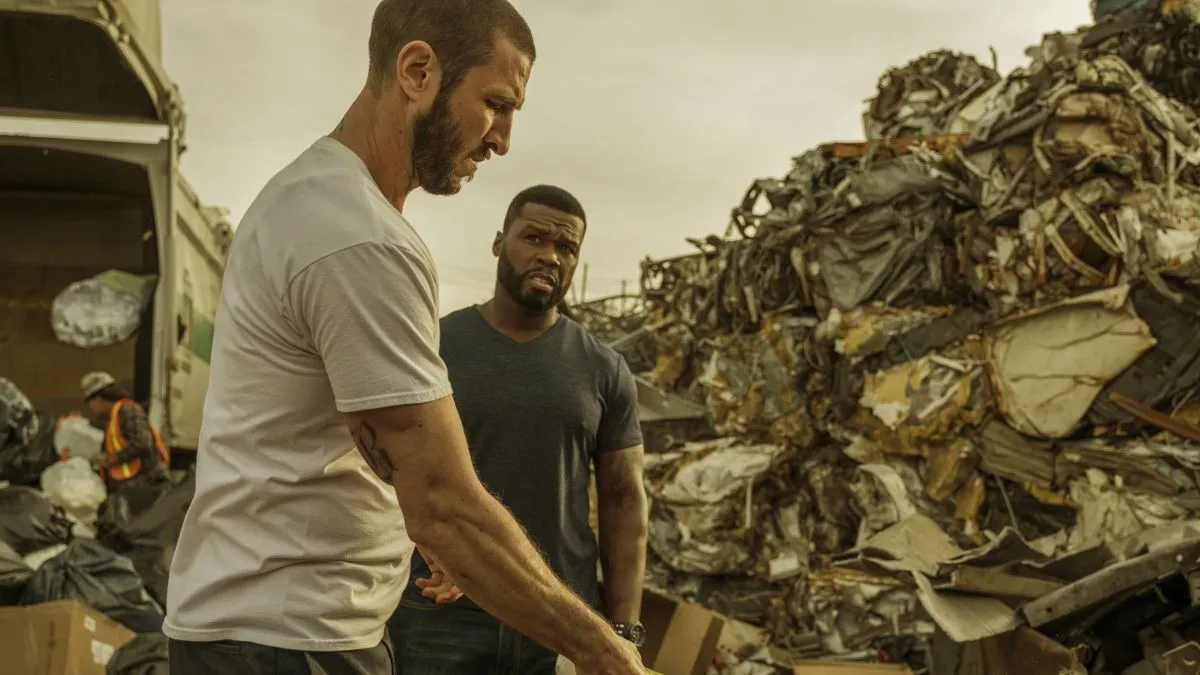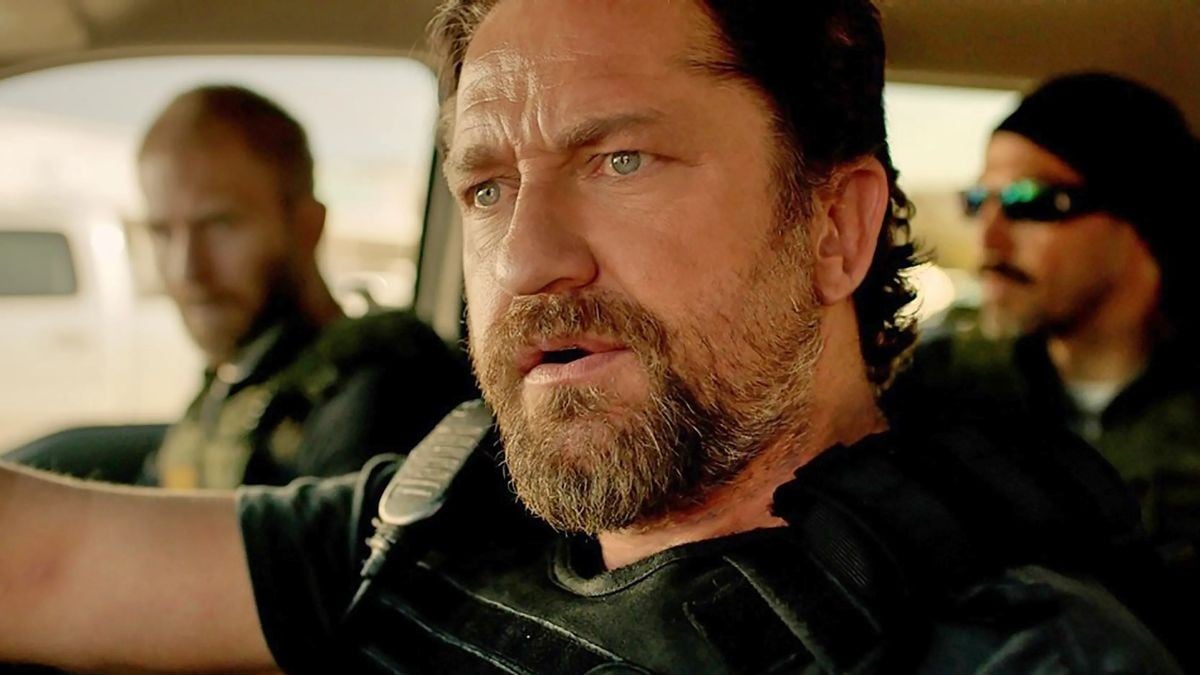
The regular truth of the matter is that box office success determines how the media cookie crumbles. Indeed, you can tap into profound emotional truths, land yourself a lead who puts on the performance of a lifetime, and make it through your runtime with minimal plot holes, but first priority will always go to the filmmakers who get more butts in seats, even if they only make loud slop.
This is precisely why Den of Thieves 2: Pantera — due in theaters on Jan. 10 — exists; because 2018’s Den of Thieves managed to snag $80.5 million at the box office on a $30 million budget in spite of its artistic dearth. The worst part? Viewers at home still haven’t wised up to its stench all these years later.
Per FlixPatrol, Den of Thieves has cemented itself as the third most watched film on the United States’ Max charts at the time of writing, falling short of a first-place Juror #2, the latest and perhaps last film from Hollywood legend Clint Eastwood, which was hardly given any chance in theaters despite being one of the best films of 2024.
Den of Thieves stars dad-movie superstar Gerard Butler as Nick O’Brien, an alcoholic officer with the Los Angeles Sheriff’s Department who’s dead set on taking down a gang of thieves led by Ray Merrimen (Pablo Schreiber), an ex-Marine whose crew is planning a heist on the Federal Reserve Bank in downtown Los Angeles. Bouncing between them is Donnie (O’Shea Jackson Jr.), a member of Merrimen’s crew that Nick has the drop on.

The two biggest faults of Den of Thieves is how it doubles down on toxic impulses that shouldn’t be affirmed, and doesn’t seem understand what it’s doing half the time. The film wastes a fair chunk of its frankly unacceptable length (two hours and 20 minutes) exploring the lives of characters that have little to no weight in the film’s story, while the story itself is nothing more than complex info drops about the incoming heist’s logistics.
In others words, Den of Thieves exists to show off how well director-writer Christian Gudegast can intellectualize the ins and outs of the Federal Reserve Bank, all while the characters crack tasteless jokes and abuse each other, only for the film to try and win back our sympathies by showing us Nick’s daughters, who also have nothing to do with the story.
It’s shockingly inept filmmaking, but for some reason, audiences love a bunch of men who appeal to some perverted power fantasy that always stems from a place of hurt rather than a place of healing. And really, pandering to that crowd might be the film’s worst sin. In a world where art has always been one of our greatest tools in fostering empathic literacy, is it not a sickening tragedy when a film insists upon these maladaptive, mean-spirited vices as facts of life to be proudly owned?
If you want to see a truly beautiful example of markedly masculine filmmaking, queue up The Iron Claw, also on Max, and let Sean Durkin paint you a portrait of brotherly love that will leave you sobbing.
